African rights and pan-Africanist campaigner Patrick Lumumba of Kenya has said that religious practices like fasting and prayer will not free Africa.
Bosun Tijani, Nigeria’s Minister of Communications and Digital Economy, said that the country’s kids were its biggest asset and that, with the right help, they could change the world. At the same time, the former Kenyan anti-corruption czar spoke.
The two speakers gave a non-political and non-religious speech last night at Iganmu, Lagos, as part of The Covenant Nation’s event.
Lumumba, a distinguished professor and founding trustee of the African Institute for Leaders and Leadership, said at the event that in order to save Africa, conflict and a change in governance must be addressed. He also said that if the issue of governance was not addressed, the continent’s progress would be slowed down.
He said, “Africa has turned into a continent where there is fighting after every election because the race for power is so fierce that our throats are literally cut.”
“We have a problem going that way, and the faster we fix it, the safer we will be.” Africa will rise, and it can rise, but it won’t happen through fasting and prayer.
The former head of the Kenya Anti-Corruption Commission (KACC), which no longer exists, said that Africa will not be offered freedom for free; instead, it must stand up and take care of itself.
I know some of you believe, but the last time I looked, when Abraham was taken from Ur of the Chaldeans and given Canaan, it wasn’t handed to him on a silver platter. So let’s pray and fast. Aram and the Philistines were two groups he had to fight.
“That is how divine instruction works: ‘Go and rule the world with the sweat of your brow.'” They couldn’t get into the kitchen, where they made manna. “This is your manna; it will no longer come to you. As Africans, it is our duty to start to think again,” he said.
In his speech, Lumumba said that the continent’s big move would help make the future better for future generations.
“The younger generations—(in Tchi Malawi, they are said to be more valuable than our children and our children’s children.)” Lumumba said, “When we do these things, we must remember that we are doing them for this generation and for generations yet to be born.”
Nigeria has what it takes to power the world, says the country’s communications minister.
The Minister of Communications and Digital Economy, Bosun Tijani, said that the youth of the country were its most valuable asset and that, with the right help, they could change the world.
His opinion is that Africa has a lot of young people, and Nigeria has a lot of them. Many of them are tech-savvy.
“On your bike, you would probably find ten software engineers in Lagos before you found one in the UK if you have a second passport and live in a different country.” Or, in the US, you would have to look in Lagos, Nairobi, or Jo’burg for ten software engineers before you could find one in your own country.
“That’s the truth. We will make it. Do you know why we’re in the future here? There are 1.2 billion people living on this land, and I think 40% of them are under 25 years old. This is why Nigeria is important. There’s more to why we show off than just showing off.
In Nigeria, 60% of the 220 million people who live there are under 25 years old. This means that we have the key to powering the world, since these young people have grown up with technology. As long as we give them the tools they need, they can become the power that the world needs to succeed.
The minister talked about Nigeria’s “human capital” and said that there were Nigerians in most of the world’s best universities.
“Imagine going to the top school in the world and not seeing a Nigerian.” There is always something wrong with most Nigerians, no matter how much they have done. “They always want to do something,” he said.


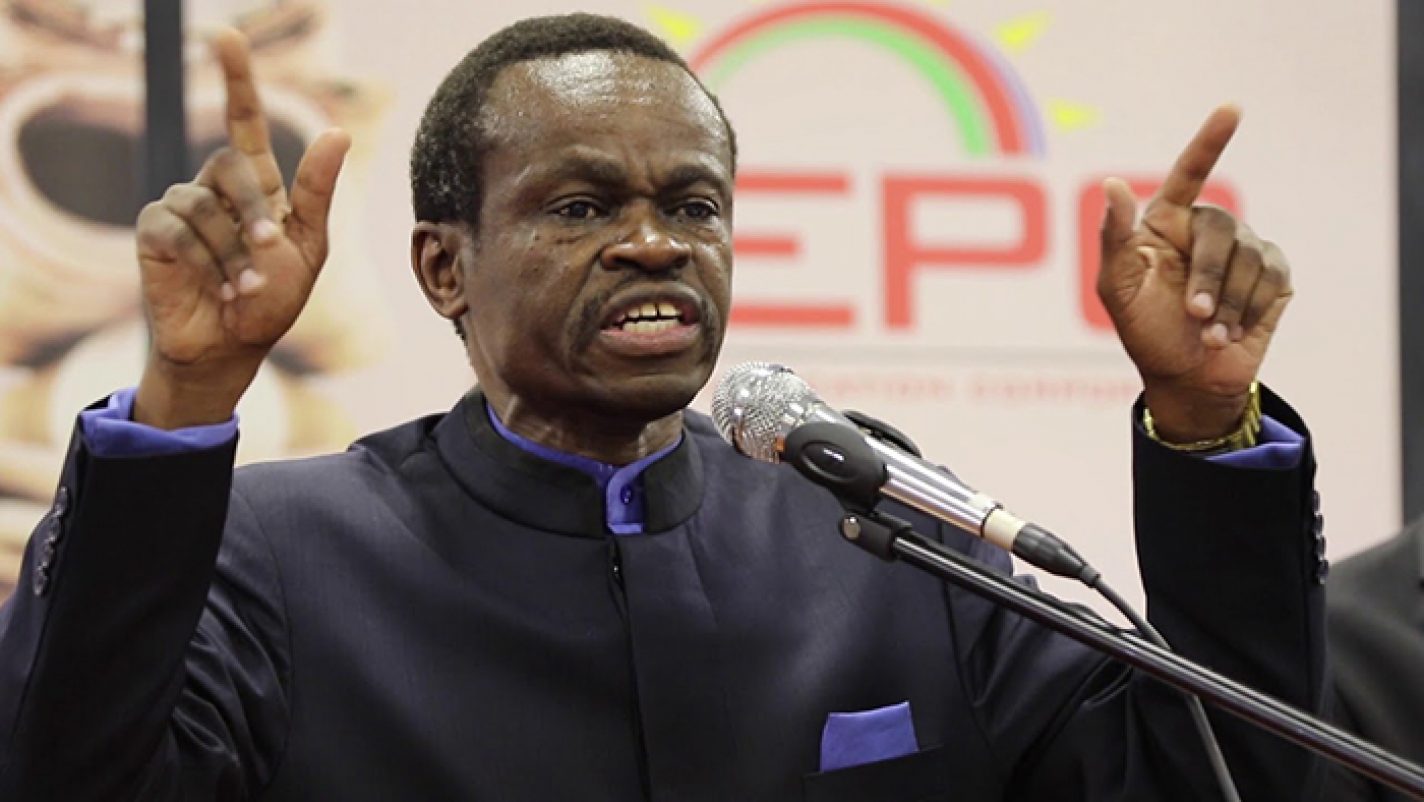
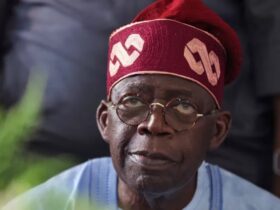

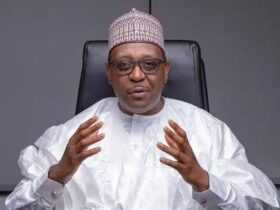
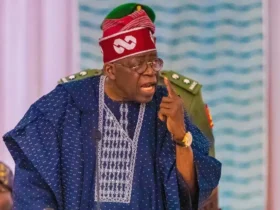
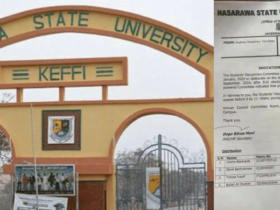
Leave a Reply